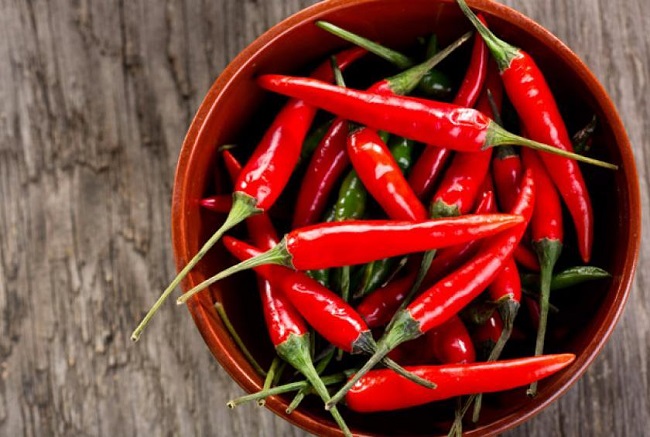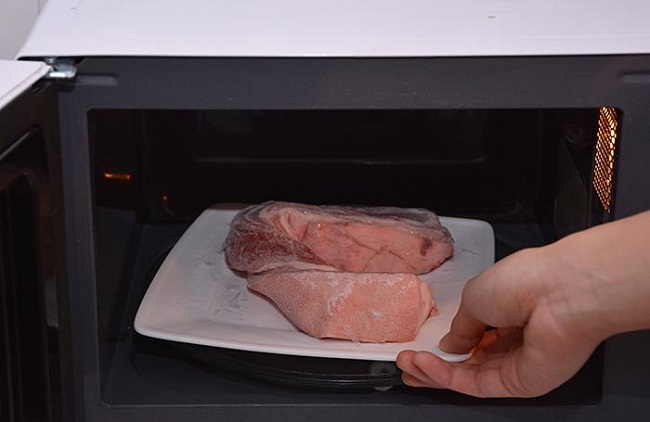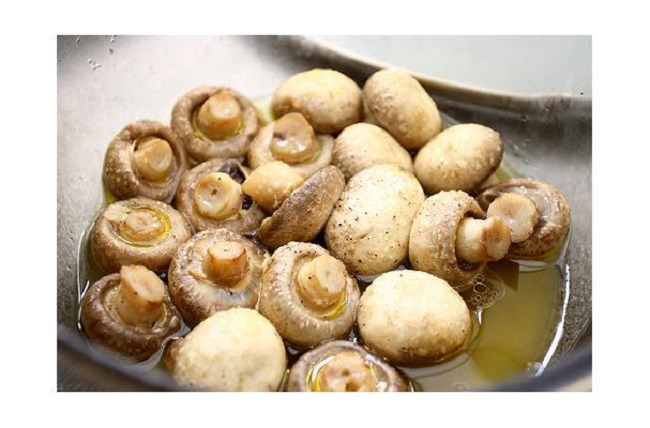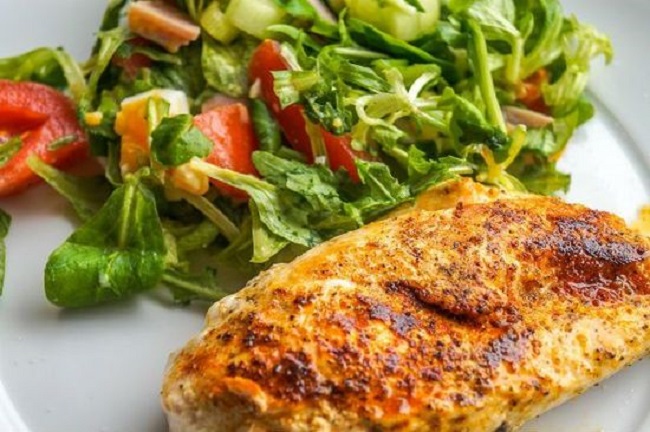The 1980s came with a gift for the world and that was the Microwave! Soon every kitchen boasted one, it could bake, cook, roast and mostly warm up our food in minutes! The daily hassle of heating food in a stove was history. Now, everything could be warmed and ready to eat in minutes. A microwave was a boon for all the working couples and professionals who did not have time or help to make breakfast or dinner before they rushed for work! But with all its qualities there are certain food items which should not be microwaved at all. Do not take my word for it but these facts are guided by scientific reasons. Here is a list of 15 food items which should never be microwaved at all.
1 Chilli peppers
Advertisement
Well, everyone loves spicy food but I am sure no one wants to wash their faces in its fumes! This is exactly what happens if you microwave chilli peppers. The peppers are loaded with a chemical called capsaicin which gives it the typical hot and spicy flavor. This ingredient can seep out in a dangerous mist inside the microwave which can wreak havoc upon your eyes and throats when you open it. No wonder the same technique is used to make pepper spray for self-defence! Stick to a traditional oven when dealing with chilli peppers.

Image Source: www.thedailymeal.com
2Eggs
Advertisement
If you cook hard boiled eggs in a microwave be ready for an explosion! It’s simple to understand; the steam keeps building inside the egg shells and has no place to escape which eventually leads it to explode. The real danger is that eggs can explode once you have taken out the egg from the oven. Unless you have a foolproof recipe to cook a hardboiled egg or have someone to demonstrate it to you do not venture yourself about it. By the way reheating perfectly cooked scrambled eggs or an omelette is absolutely fine.

Image Source: wordseye.com
3Frozen meat
Advertisement
In order to cook fast, many of us have tried thawing frozen meat items by simply heating it in the microwave but this shouldn’t be done. This machine has its limitations which heat the meat unevenly according to the cut and the flesh distribution. This not only effectively spoils the meat but also contributes to bacterial growth all over the meat surface making it unfit for consumption. The best approach is to thaw the meat overnight.

Image Source: .tgdd.vn
4Mushrooms
Advertisement
Unless you are using canned or processed mushrooms do not reheat these fungi as they are only safe for eating within 24 hours of their cooking. According to European Food Information Council, leftover mushrooms can be edible only if they are heated to 158 degrees which can’t be achieved properly in a microwave. There are proteins in mushrooms which disintegrate rather quickly that can cause indigestion.

5Chicken
Advertisement
Leftover chicken usually has a very high percent of bacterial gestation. This includes the biggest risk Salmonella contamination and reheating it in a microwave increases and allows festering of bacteria which is actually as dangerous as it sounds. Moreover, the proteins in the chicken, just like mushrooms have the tendency to break down as they are reheated, this can lead to acidity and indigestion. If you are stuck with leftover chicken, give it a thorough heating, preferable in an oven.

Image Source: www.shared.com